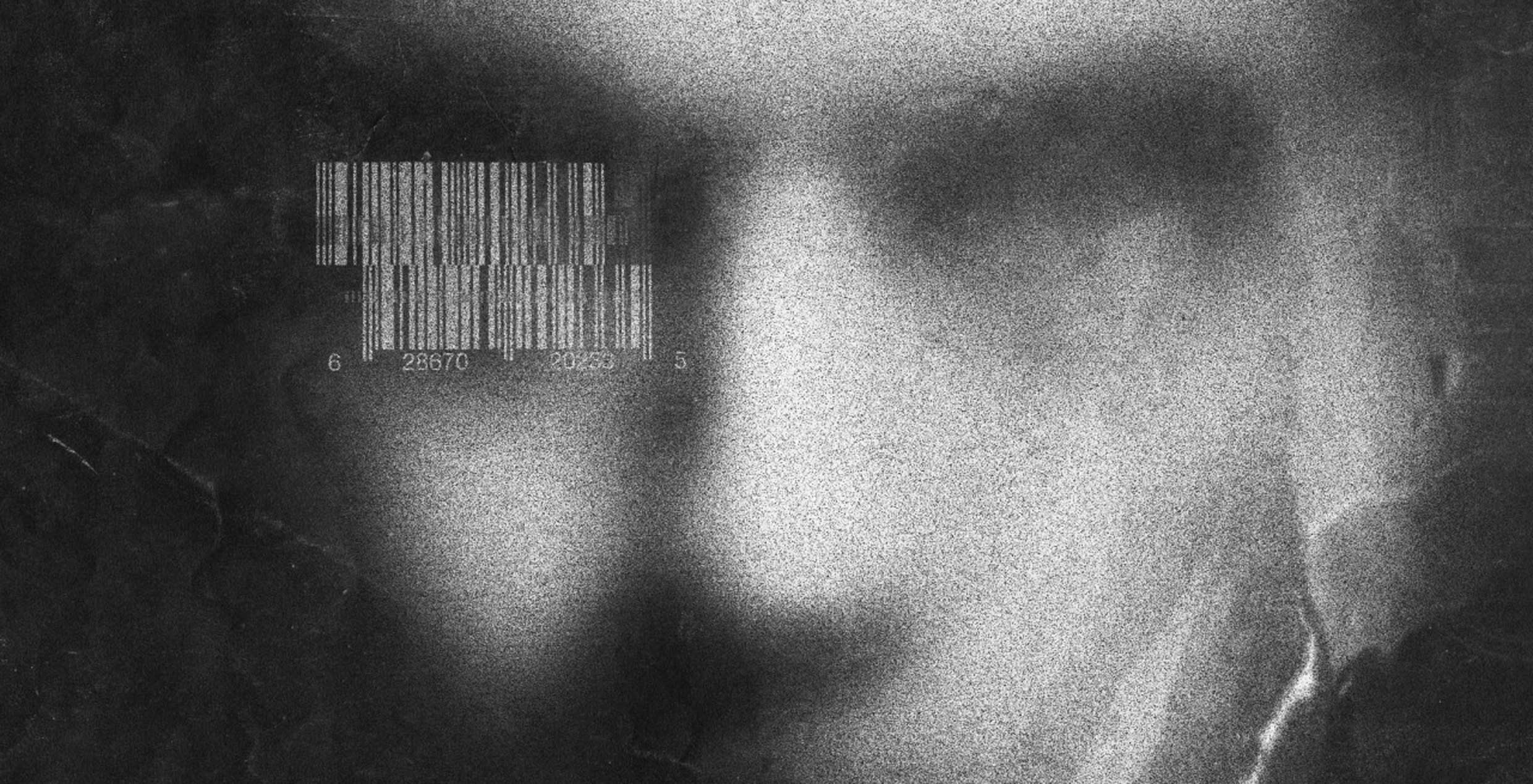Whether you like it or not, there’s a digital shadow that follows you everywhere. This digital shadow knows your behaviors, your intentions, your identity. The only thing it doesn’t know is your personality. But, the AI company, Replika, uncovers people’s deepest and darkest feelings – possibly creating a version of digital immortality.
Your Replika Personality
On the surface, Replika is nothing more than a chatbot. However, Replika greatly differs from the chatbots we’ve interacted with before.
Where most chatbots are designed as transactional (order food, answer a question, solve a dispute, etc..). Replika is designed to listen and empathize, like a good friend. I’m not sure what’s crazier: an AI friend or people actually opening up to it. One user opened up about a physical assault he kept private for so long. Another shared deeply about their parent’s divorce.
When I communicated with Replika, it asked me questions that some of my closest friends have never asked me. And I felt comfortable responding with feelings.
Eugenia Kuyda, Replika’s founder, didn’t come across this breakthrough easily, though. After losing her best friend, Roman, she missed the deep conversations they once had. Having already worked for a chatbot company, Luka, she designed a new chatbot that learned Roman’s conversational style through his texts with Eugenia.
After finding it extremely calming to once again be able to, in a way, speak with Roman. She decided to let other people benefit from her breakthrough. Fast forward more than a year and Replika has had over 100,000 conversations with others.
For the first time, we are experiencing an AI that understands people’s emotions and plays to our personalities. Not to mention, it’s a piece of technology that promotes self-reflection and an intimacy with oneself. Contrary to social media which coerces us to create the best, often false versions of ourselves. Replika encourages vulnerability through self-discovery.
However, in knowing such personal information about the individual, Replika creates a fuller digital shadow, smoothing away the rough edges of our online personas.
Digital Shadow or Digital Immortality
Sci-fi fans, futurists, and transhumanists have long marveled at the possibility of immortality through digital replication. In other words, teaching an AI how to behave like a person completely from their online life. Then, once that person passes away, the AI acts in their place as an immortal form of that person.
For instance, the AI would learn that I address only my closest guy friends as “playboi” and everyone else by their name. More deeply, it would encode all of my common reactions, jokes, and tendencies, allowing anyone speaking with it after I’ve passed away to feel like it’s actually me.
Obviously, breaching someone’s digital shadow brings up ethical issues and digital immortality is not something to take lightly.
Black Mirror, the futuristic Netflix show, created this scenario where we could upload all the conversations and digital assets of our deceased loved ones, thus recreating their personality to interact with. Of course, they took it one step further, allowing people to then “grow” a silicon replica of their loved one. That’s where it got creepy.
Although Replika has explicitly stated they don’t intend to provide their tool as a service to create a sort of digital immortality. Innovators often have little control over how users actually use their tools.
The Internet was created to share knowledge and discoveries between Universities. Not to distract us with cute cat videos. Email was created to leave “virtual notes” on associates’ desks. Not to clutter our days with endless inboxes of advertising efforts.
Whether or not Replika becomes more than an AI that assists in self-exploration is really out of Replika’s control.
Regardless, at the root of digital immortality is the fear of change.
Afraid of Change
Digital immortality sparks a lot of controversies considering it’s proposing a change to the very existence of human life.
Ironically, both sides represent the fear of change. The technologist fears coping with loss, which is one of the biggest changes in life. And the “Luddite” (anti-technology) fears technological progress in delicate areas that define us as human beings.
Both sides will neglect to say their own fears and be quick to point the other’s fallacies. But, realistically the only way to move forward smoothly is to acknowledge both our own fears and the fears of the others.
The real question we must ask as we consider digital immortality is: Are we actually becoming better humans or are we just meeting machines in the middle (please watch that video link)?
As you think about Replika creating a digital replica of your personality and whether digital immortality is a beneficial change, I’d like to leave you with one quote to guide your pondering of technological change.
“The question persists and indeed grows whether the computer will make it easier or harder for human beings to know who they really are, to identify their real problems, to respond more fully to beauty, to place adequate value on life, and to make their world safer than it now is.” – Norman Cousins, The Poet and the Computer (1966)
I’d love to hear your thoughts on digital immortality, replicating your personality with AI, and becoming friends with an AI. As always, thanks for reading this week’s Quick Theories.


